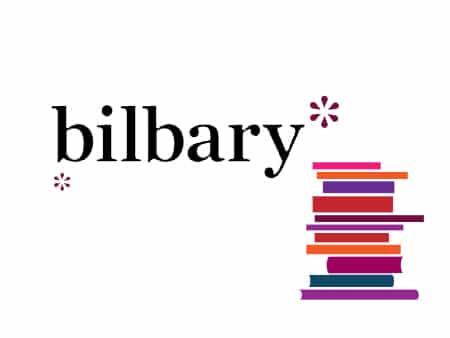
Tim Coates, CEO and founder of Bilbary, was due to speak on two presentations at this year’s ALA Midwinter Conference, taking place now in Seattle, but illness prevented him from making his appearance. Due to the importance of the topic at hand, namely, reforming the way publishers and libraries work together on ebook lending, Coates has made his notes available to the media in order to understand the sweeping calls he is making for both sides.
“The most important policy issue is to keep restating to values of public libraries to each generation – what they can do for children; what they can do for students; what they can do for working people; what they can do for people who are housebound; and what they can do for our seniors. The public library service can be absolutely clear about each of these things and then it will never be confused about its role or its priorities.”
In a very bold move, Coates essentially offered the Bilbary platform free to all public libraries in the US, if the interest and support were there.
“I don’t know about costs, but I would offer the Bilbary platform -free to use- to all public libraries. The site is still in construction and out intention at present is that it will be a ‘paid for’ library carrying all the ebook titles in the world in all languages. But if it were taken over by American public libraries they could operate it as a free and not for profit service in any way they choose. If we did that libraries could participate in the construction and refinement of it and we know that every publisher in the world would put all their ebooks on it. It could, in the end, be a universal catalog for print books too, but that should be a later step. It has been suggested to me that this could be an OCLC project – and if that were the case we would be delighted to participate.”
His most striking comments pertained to the roles that both publishers and libraries are desperately trying to adhere to, without realizing that both of them need to take a look at their respective roles in society and adapt to a changing marketplace for readers.
“Publishers are still trying to come to grips with the ebook tornado that has swept through them in the past three years – they are seeing falling sales of some kinds of print books and experience difficulty achieving profitable distribution of ebooks. In the next 12 months I predict that ‘agency’ contracts will cease to work – largely because Amazon won’t accept them, and that will make the profitability problems harder, not easier. At present – the issue of public libraries is peripheral to the interest of the large publishers and is only a PR problem for them. In the longer term they will need to concern themselves with satisfying the ebook needs of library patrons, but it is not a priority for the next 12 months.
“I think public libraries need to go back to the design table and to think what service they can better offer now that ebook technology has finally arrived. I think ebooks provide the opportunity of much wider access to a much larger number of books and it is that wide access that libraries should pursue. I don’t think individual library services should be concerning themselves with ‘ownership of titles’ because there is no need to own ebooks in order to make them available for distribution. Patron driven demand should be universal and the only method of selection of stock. Then having made a clear statement of their role in the ebook world – they should place that firmly within the context of what libraries offer in printed books – they must not lose sight of print in pursuit of electronic. Most books will not be electronic for a long time – and libraries have a habit of looking too far into the future – which can neglect their patrons of the present.
“It is only when publishers can see a meaningful balance of purchasing of print and ebook at the same time that they will persuaded to take an interest in what libraries need to do.”
Mercy Pilkington is a Senior Editor for Good e-Reader. She is also the CEO and founder of a hybrid publishing and consulting company.